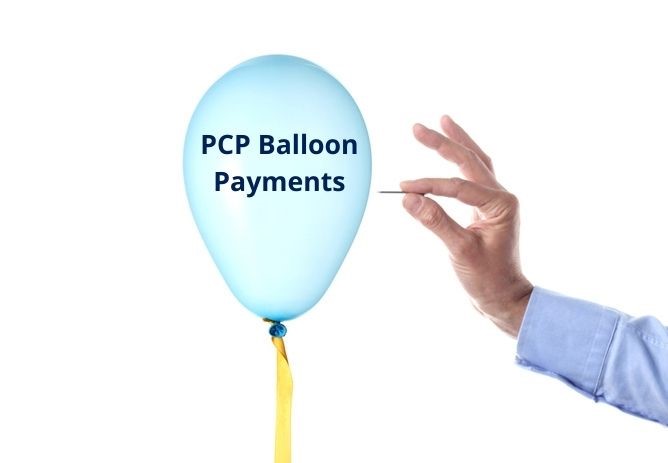05 November 2019
Learn more about PCP car finance
All you need to know about PCP Car Finance
It’s not known how many cars are bought on hire purchase schemes known as Personal Contract Plans, or PCPs, as the Central Bank has only just started collating data, but if the UK or US is anything to go by, it could be as much as two in every three new cars.
The chances are, if you’re envious of your neighbour’s shiny new 192-reg in their driveway, most likely it’s been bought via PCP.
Attractive interest rates, low repayments, easy-to-get loans and the lure of a brand new vehicle have all resulted in a phenomenal increase in hire finance.
In the UK, similar studies found that buyers were blind-sided by the car, at the expense of understanding the loan backing it. Admiral Insurance UK revealed that 34pc of respondents thought ‘balloon payment’ was a made up term, while 9pc thought it related to hiring a clown for a children’s party. Just 27pc correctly identified it as the lump sum payable at the end of a car loan.
PCP: How it Works
Essentially there are three elements to any contract: an upfront deposit (or trade-in), three years' of monthly payments and a final balloon payment (Guaranteed Minimum Future Value, which is the bank's determination of how much the car will be worth after 3 years).
Most marques offer PCP finance on new cars. Many, including Renault and Volkswagen have their own banks while others use AIB or Bank of Ireland Finance.
How are Interest Rates so Low?
It’s to do with how the loan is structured. In Credit unions, loans are generally unsecured. This means, that while the customer may default on payments, the lender cannot go out and seize assets in lieu. The interest rate charged reflects this. On a PCP, if you don’t pay, the car can be taken off you (sometimes after just one missed payment). Secured assets mean the bank always wins, and therefore, the interest charged can be as low as zero.
PCP in action, example:
Currently, Ford is offering PCP on its Kuga model. The normal retail price (if you pay by cheque) is €29,500.
Under a PCP, you pay €8,850 up front (30pc) - which may be part trade-in. For three years you pay €298.76 per month at 3.9pc p.a. (€11,755.36) and after three years, you’re given the offer of paying off the rest of the loan (€11,749.27), returning the car or rolling over the entire loan into a new deal. The entire exercise costs €32,354.
Around 70pc of people opt for the third option. However, now they have no trade-in, and end up on permanent hire. That’s perfectly fine, as long as they can continue the payments, and the GMFV holds its value.
What are the Restrictions?
There is generally a mileage limit on PCP cars. This is to aid the GMFV. Drivers are only allowed clock up 15,000 or 20,000 kms per year, otherwise they are charged a penalty. Likewise they may have to meet certain service agreements.
What happens if you miss a Payment
You may get a couple of months’ grace, but quickly the bank will move to seize the car. You will, in the first instance be asked to ‘surrender’ it. If you do, the car will be sold to pay the loan, but you will still owe any outstanding balance. It may also affect your credit rating.
If you have repaid less than one-third of the PCP price, the lender can take back the car without a court order. If you've paid more than one-third of the total due, a court order is needed, but you can be charged the legal fees.
Ending a PCP Contract
Under the Consumer Credit Act 1995 you have the right to end a PCP contract at any time. The half rule limits your liability depending on how much of the loan you have already paid off.
If you have paid less than half of the total PCP price of the car (price + interest + charges), you can give the car back, and will only owe the difference between what you have paid, and half of the overall figure so you just pay the difference between the payments you have made to date and half the PCP price.
If you have paid more than half of the PCP price of the car and have not missed any payments, you can end the agreement and hand back the car.
Buying Second Hand PCPs
If a car under PCP finance is put on the market, the buyer may unsuspectingly be taking outstanding debt also. A survey by Cartell.ie found that 17.5pc of cars were still ‘in debt’ on the second hand market. Many are put up for sale online to ‘test’ the GMFV value - in other words, the owner is seeing if they can get more for cash than originally offered by the garage. It means it’s vital to check a car’s financial history as well as its service history before buying.
In Summary
All in all, if you cannot comfortably afford the repayments, and aren’t jointly saving for the GMFV while making them, then perhaps buying a second-hand car from a reputable dealer - with a loan from your friendly credit union - is







